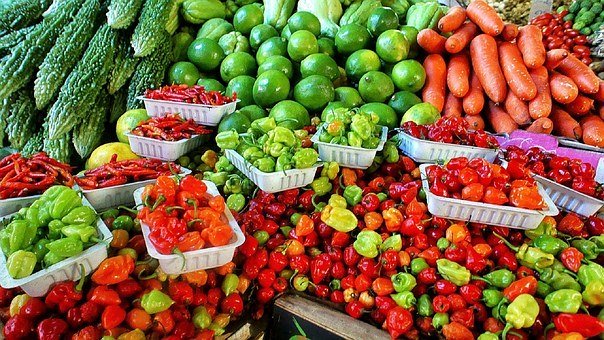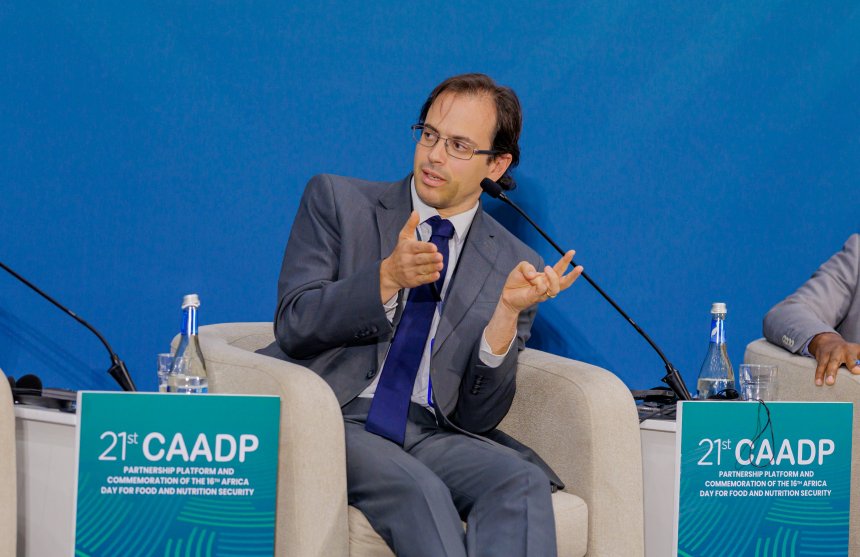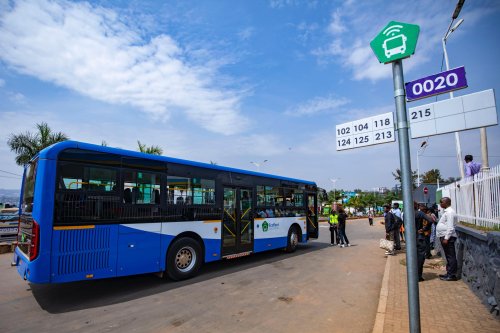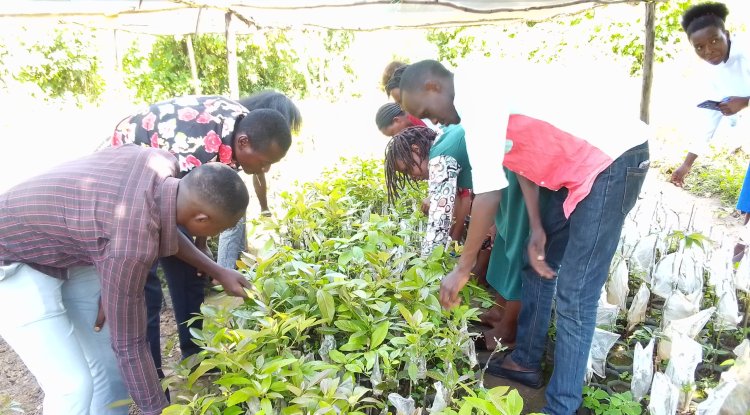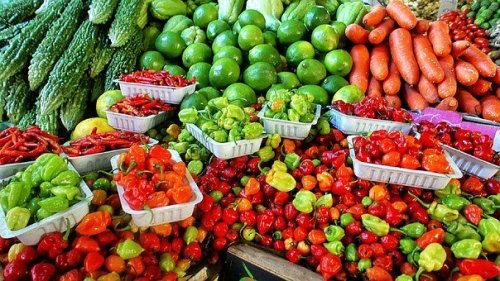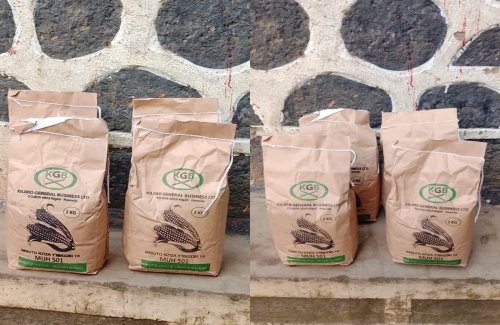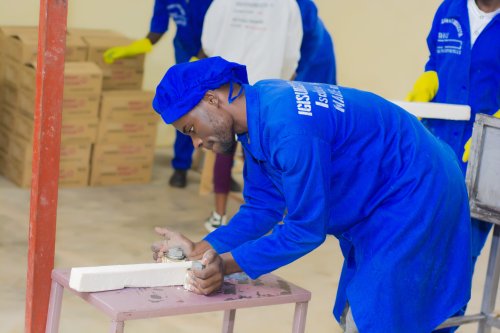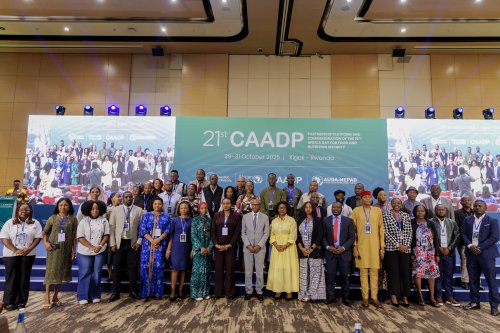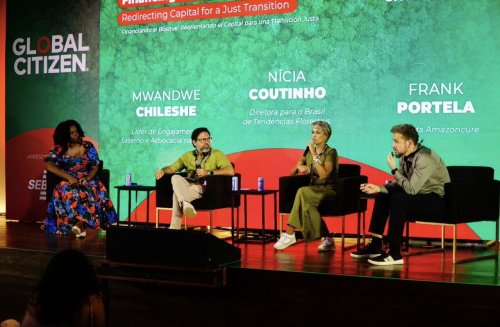Solar Cooling Technologies Give Rwandan Farmers Hope Against Post-Harvest
On October 7, 2025, in Kigali, the Festival of Cooling kicked off a groundbreaking event bringing together researchers, policymakers, and farmers around a simple but transformative idea: cooling food is one of the key solutions to preventing hunger and reducing post-harvest losses in Africa.
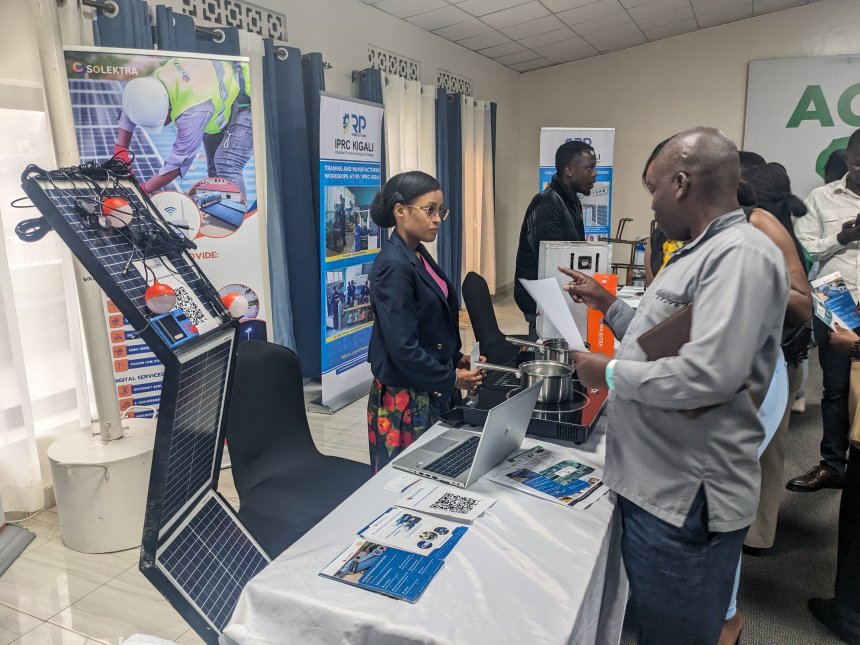
Across the continent, up to 40% of food is lost after harvest, mainly due to the lack of proper storage and cooling systems. For smallholder farmers in Rwanda, this means that a large portion of fruits, vegetables, milk, and fish arrives at the market in poor condition. However, innovations powered by renewable energy (solar energy) are offering new hope.
Many farmers lose almost half of their tomato harvests before reaching traders, according to Francois Munyengabe, a farmer from Rugalika Sector in Kamonyi District, who told KP Media:
“It’s hard to get your produce to the market in good condition. Once we harvest, we rush to pack and transport it quickly before it spoils under the sun. If we had a way to preserve it longer, it would help us a lot.”
According to Dr. Toby Peters, Executive Director of the African Centre of Excellence for Sustainable Cooling and Cold-chain (ACES), the festival aims to highlight the vital role of cooling in daily life from food to medicine.
“We’re doing two things. First, we’re making cooling more visible. We all use mobile phones to record videos, but data centers rely on cooling to function. Our food is cooled; our vaccines are cooled. Second, there’s no single solution for everyone. There are many technologies, but what we’re doing is creating a strong system training cooling technicians, helping farmers identify the right technology for their needs, and building an efficient chain from farm to fork.”
He went on to say that cooling should be treated as basic infrastructure:
“Cooling is an essential part of modern society. It’s like water pipes or power lines because it moves vital goods food and medicine from factories to the people who need them.”
Dr. Florence Uwamahoro, Deputy Director General in charge of Agriculture at the Rwanda Agriculture and Animal Resources Development Board (RAB), acknowledged that there is still a long way to go in preserving agricultural produce but expressed optimism that food losses will decline thanks to ongoing initiatives.
She said: “Indeed, we still have a long journey ahead in preserving harvests, especially fruits and vegetables, but the technologies showcased here at this festival are part of the solution to reducing post-harvest losses, in line with the government’s five-year plan.”
She also announced that training sessions would be organized for farmers at ACES to raise awareness on proper storage and post-harvest handling.
“Some farmers will participate in training here, but we will also partner with this center to reach farmers across the country, understand their needs, and work together to reduce post-harvest losses.” She added.
As outlined in Rwanda’s National Strategy for Transformation (NST2), the country aims to increase agricultural productivity by 50% for selected priority crops to achieve food security and expand agricultural exports.
Meanwhile, the Strategic Plan for the Transformation of Agriculture (PSTA 5) focuses on promoting knowledge-based, productive, and environmentally friendly agriculture that supports national development. It sets clear annual targets to reduce post-harvest losses for key crops from 13.8% in 2023 to 8% by 2028/29.
The plan also aims to increase the value added by agro-processing industries by 10% per year (up from 8.8%), while strengthening farmer cooperatives increasing cooperative membership from 13% in 2020 to 23% in 2028/29, with special emphasis on youth and women leadership.
Additionally, the plan envisions a rise in agro-processing facilities, including animal feed factories and cold storage centers, which are expected to increase from 90 to 120 by 2029.
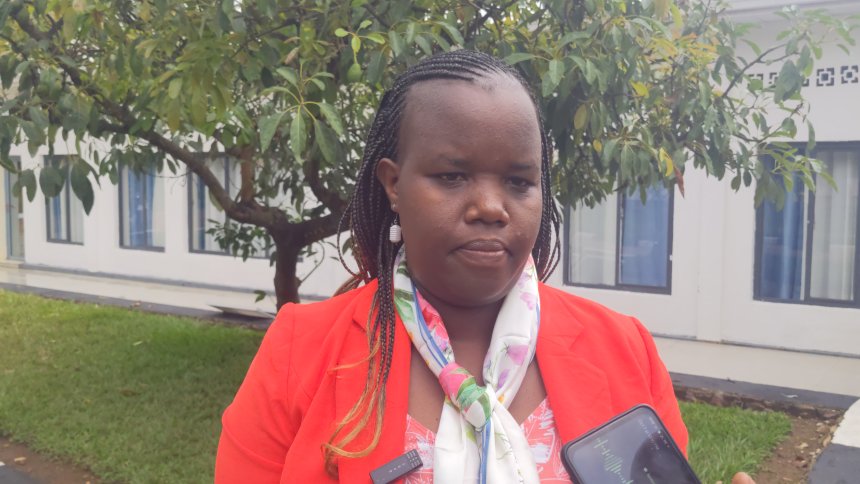 Dr. Florence Uwamahoro, DDG at RAB said With solar-powered cold storage, farmers can now preserve their harvests longer
Dr. Florence Uwamahoro, DDG at RAB said With solar-powered cold storage, farmers can now preserve their harvests longer
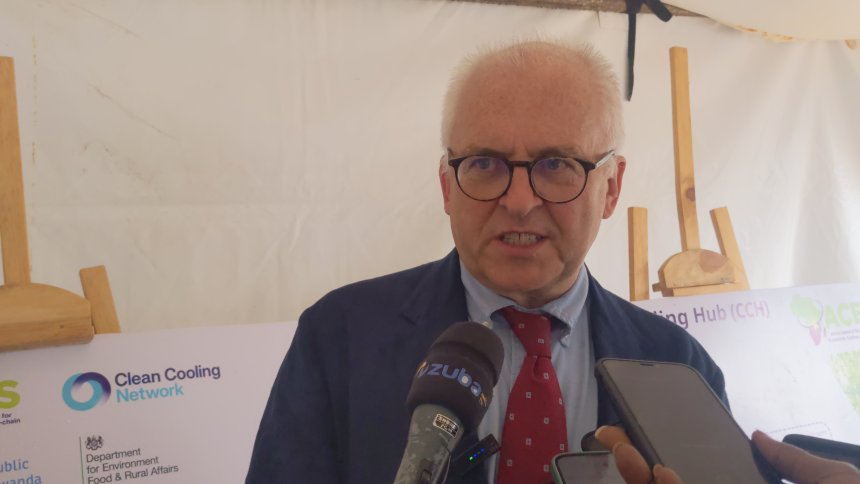 Dr. Toby Peters, DG of ACES, Explains Cooling is not a luxury, it’s essential infrastructure for food and medicine
Dr. Toby Peters, DG of ACES, Explains Cooling is not a luxury, it’s essential infrastructure for food and medicine
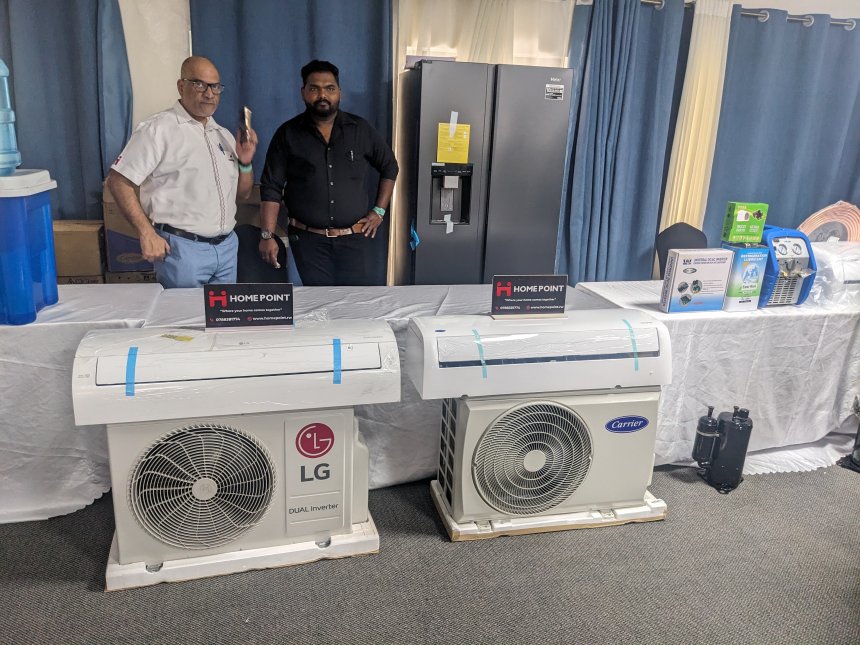
Reducing post-harvest losses is key to improving incomes and nutrition
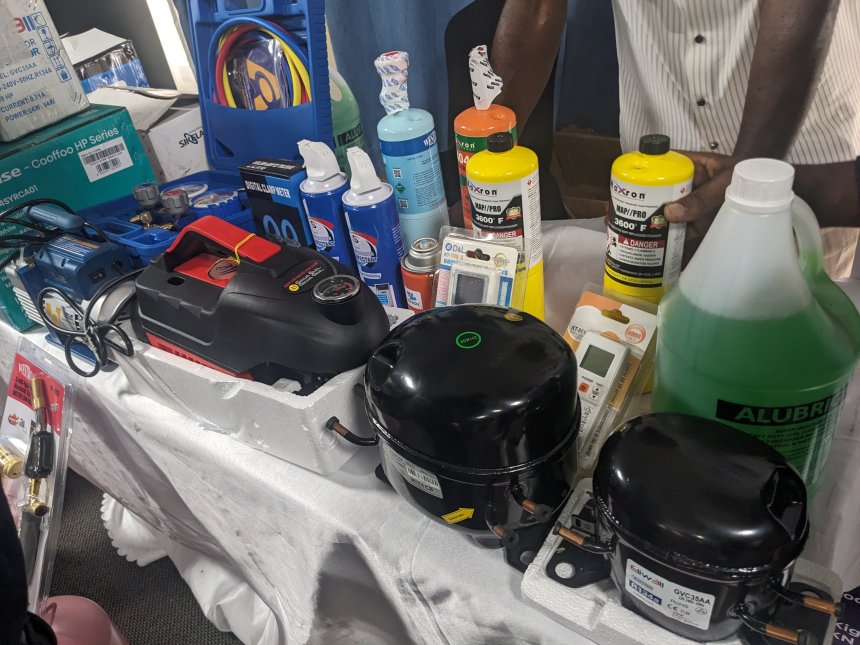
PSTA 5 and cooling innovations are helping Rwanda build a knowledge-based, productive, and environmentally friendly agricultural sector

